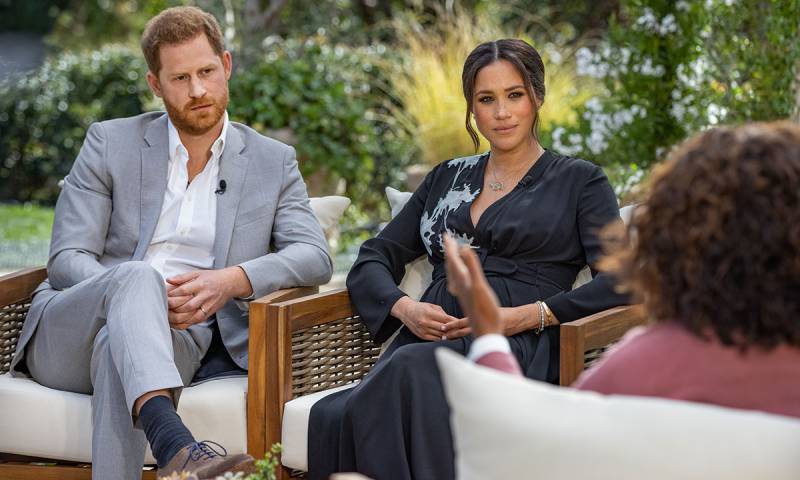Over 17 million people tuned into CBS Sunday night to watch Oprah Winfrey interview Prince Harry and Meghan Markle. And the content—while not entirely unfiltered (names were mostly not named)—was littered with bombshells.
Most shocking was the revelation that at least one senior royal family member expressed “concerns” about how dark baby Archie’s skin might be. Most heart-wrenching was watching Meghan recall “begging” her extended family for mental health assistance and being denied, despite feeling suicidal in a manner that was “very clear and real and frightening.” Then there was Harry’s casual mention of the fact that his father, Prince Charles—the next king—had at one point stopped taking his phone calls.
The response on this side of the Atlantic was decisive and consistently positive. “This wasn’t just celebrity gossip,” Rolling Stone concluded, “but a story about mental health, about institutionalized racism and inertia, and about how images … can lie.”
CNN’s Abby Philip, author Roxane Gay, poet Amanda Gorman and The View‘s Ana Navarro-Cárdenas—among many others—all spoke out in support. Meghan’s friend Serena Williams noted in a statement on Twitter: “The mental health consequences of systemic oppression and victimization are devastating, isolating and all too often lethal.”


